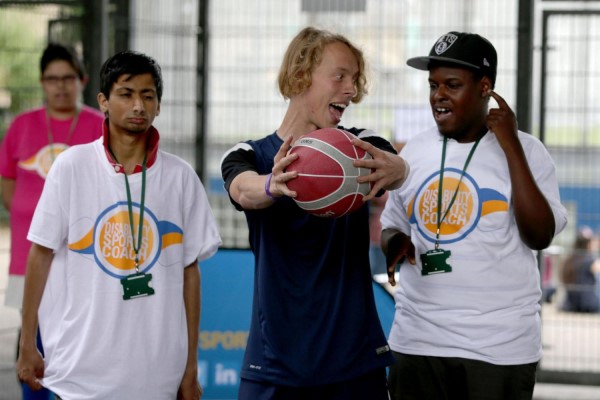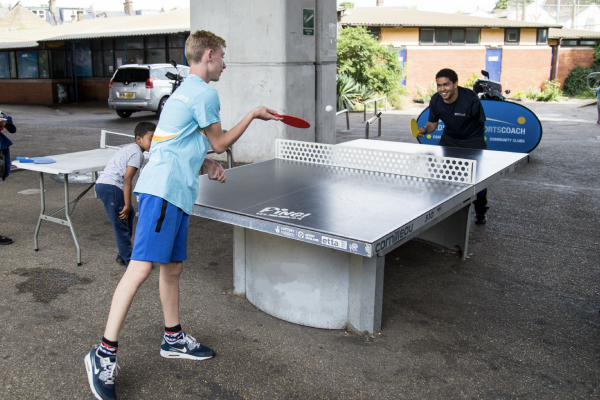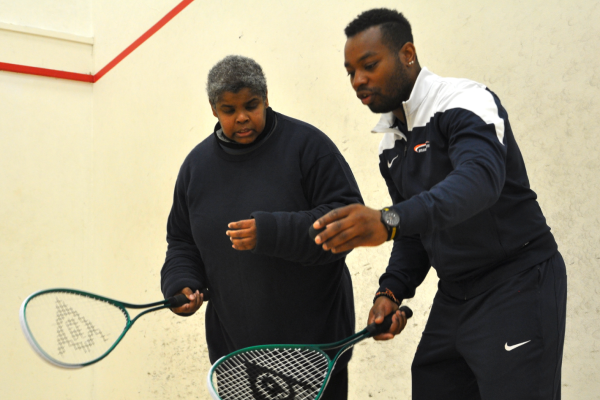Communication is both verbal and non-verbal and people will have different preferences as to how you communicate with them.
When using verbal communication, use appropriate and inclusive language for the person or group you are communicating with.
Below is a link to the government guidelines on using inclusive language.


Attitudes towards disability affect the way people think and behave towards disabled people. They also impact on outcomes for disabled people in the way they are treated and able to participate in society.
There are several ways or ‘models’ of viewing disability, which can be used to devise strategies and policies for meeting the needs of disabled people.
The ‘Medical Model’ considers the person’s impairment first and focuses on the impairment as the reason that a person with a disability cannot access services.
The ‘Social Model’ of disability considers that people are disabled by barriers in society, rather than their impairment. This model attempts to remove these barriers to allow people to be independent.
The ‘Biopsychosocial Model’ of disability is an attempt to account for both the social and medical models of disability. It suggests that to understand a person’s medical condition it is not simply the biological factors that need to be considered, but also the psychological and social factors.

By submitting your email address you agree to let Disability Sports Coach send you updates, news and events. We will never pass your email address on to third parties or send you spam. You can opt out any time.

| Cookie | Duration | Description |
|---|---|---|
| cookielawinfo-checkbox-analytics | 11 months | This cookie is set by GDPR Cookie Consent plugin. The cookie is used to store the user consent for the cookies in the category "Analytics". |
| cookielawinfo-checkbox-functional | 11 months | The cookie is set by GDPR cookie consent to record the user consent for the cookies in the category "Functional". |
| cookielawinfo-checkbox-necessary | 11 months | This cookie is set by GDPR Cookie Consent plugin. The cookies is used to store the user consent for the cookies in the category "Necessary". |
| cookielawinfo-checkbox-others | 11 months | This cookie is set by GDPR Cookie Consent plugin. The cookie is used to store the user consent for the cookies in the category "Other. |
| cookielawinfo-checkbox-performance | 11 months | This cookie is set by GDPR Cookie Consent plugin. The cookie is used to store the user consent for the cookies in the category "Performance". |
| viewed_cookie_policy | 11 months | The cookie is set by the GDPR Cookie Consent plugin and is used to store whether or not user has consented to the use of cookies. It does not store any personal data. |